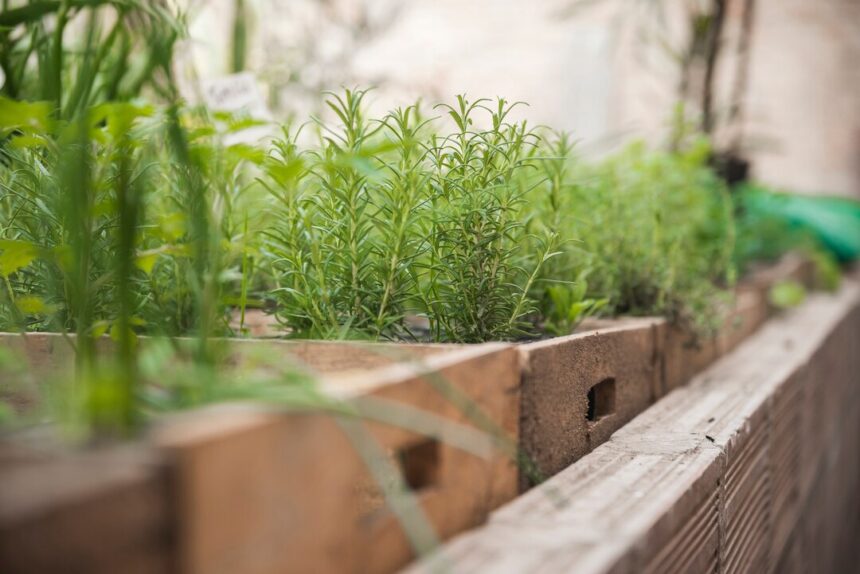In the pursuit of vibrant health and culinary excellence, the humble herb garden emerges as a sanctuary of flavor and vitality. Whether nestled in a sunny window sill, flourishing in a backyard plot, or adorning a balcony, growing herbs offers a bounty of benefits for both the body and the palate. From enhancing dishes with fresh, aromatic flavors to providing natural remedies for common ailments, cultivating herbs is a rewarding endeavor that nourishes both mind and body. Let’s explore the art and science of growing herbs for health and flavor, and discover how these versatile plants can enrich our lives in countless ways.
The Health Benefits of Herbs:
Herbs have been revered for their medicinal properties for centuries, cherished by herbalists and healers for their ability to support wellness and vitality. Rich in essential oils, vitamins, minerals, and phytonutrients, herbs offer a plethora of health benefits, from boosting immunity and improving digestion to reducing inflammation and supporting stress relief. Incorporating fresh herbs into your diet can provide a nutrient-rich boost to your meals while promoting overall well-being.
Common Culinary Herbs and Their Uses:
From basil and mint to rosemary and thyme, the world of culinary herbs is vast and diverse, offering a myriad of flavors and aromas to tantalize the taste buds. Here are some common culinary herbs and their culinary uses:
- Basil: Known for its sweet, aromatic flavor, basil adds a fresh and vibrant touch to salads, pasta dishes, and sauces.
- Rosemary: With its robust, pine-like flavor, rosemary pairs well with roasted meats, potatoes, and bread.
- Mint: Refreshing and invigorating, mint is perfect for adding a burst of flavor to beverages, salads, and desserts.
- Thyme: Earthy and aromatic, thyme complements a wide range of dishes, from soups and stews to grilled vegetables and seafood.
- Parsley: Versatile and nutritious, parsley adds a bright, herbaceous flavor to salads, soups, and sauces.
Tips for Growing Herbs:
Growing herbs at home is a rewarding and accessible hobby that requires minimal space and equipment. Here are some tips for successfully growing herbs:
- Choose the Right Location: Most herbs thrive in sunny, well-drained locations with good air circulation. Choose a spot that receives at least 6-8 hours of sunlight per day for optimal growth.
- Use Quality Soil: Use a well-draining potting mix or garden soil enriched with organic matter to provide herbs with the nutrients they need to thrive.
- Water Wisely: Herbs prefer moist, but not waterlogged, soil. Water your herbs regularly, allowing the soil to dry out slightly between waterings to prevent root rot.
- Prune Regularly: Regular pruning helps promote bushy growth and prevents herbs from becoming leggy. Harvest herbs frequently to encourage new growth and prolong the harvest season.
- Harvest with Care: Harvest herbs in the morning when their essential oils are most concentrated for maximum flavor and fragrance. Use sharp scissors or pruning shears to avoid damaging the plant.
Whether you’re a seasoned chef, a budding gardener, or simply a lover of flavor and wellness, growing herbs offers a wealth of opportunities to enhance your culinary creations and nourish your body and soul. By cultivating a diverse selection of herbs and incorporating them into your daily routine, you can elevate your meals with fresh, vibrant flavors while reaping the health benefits of these remarkable plants. So, roll up your sleeves, dig in the dirt, and let the magic of the herb garden enrich your life in countless ways.








